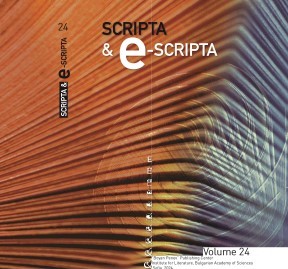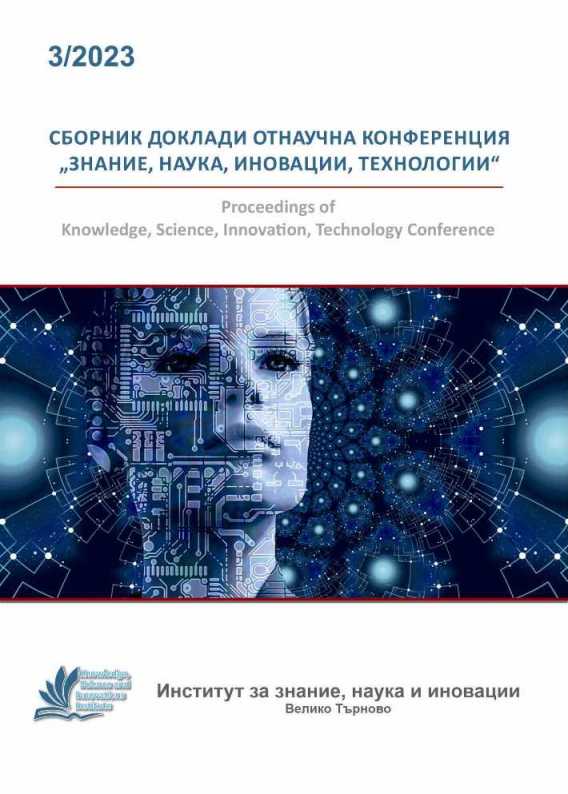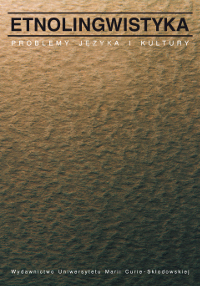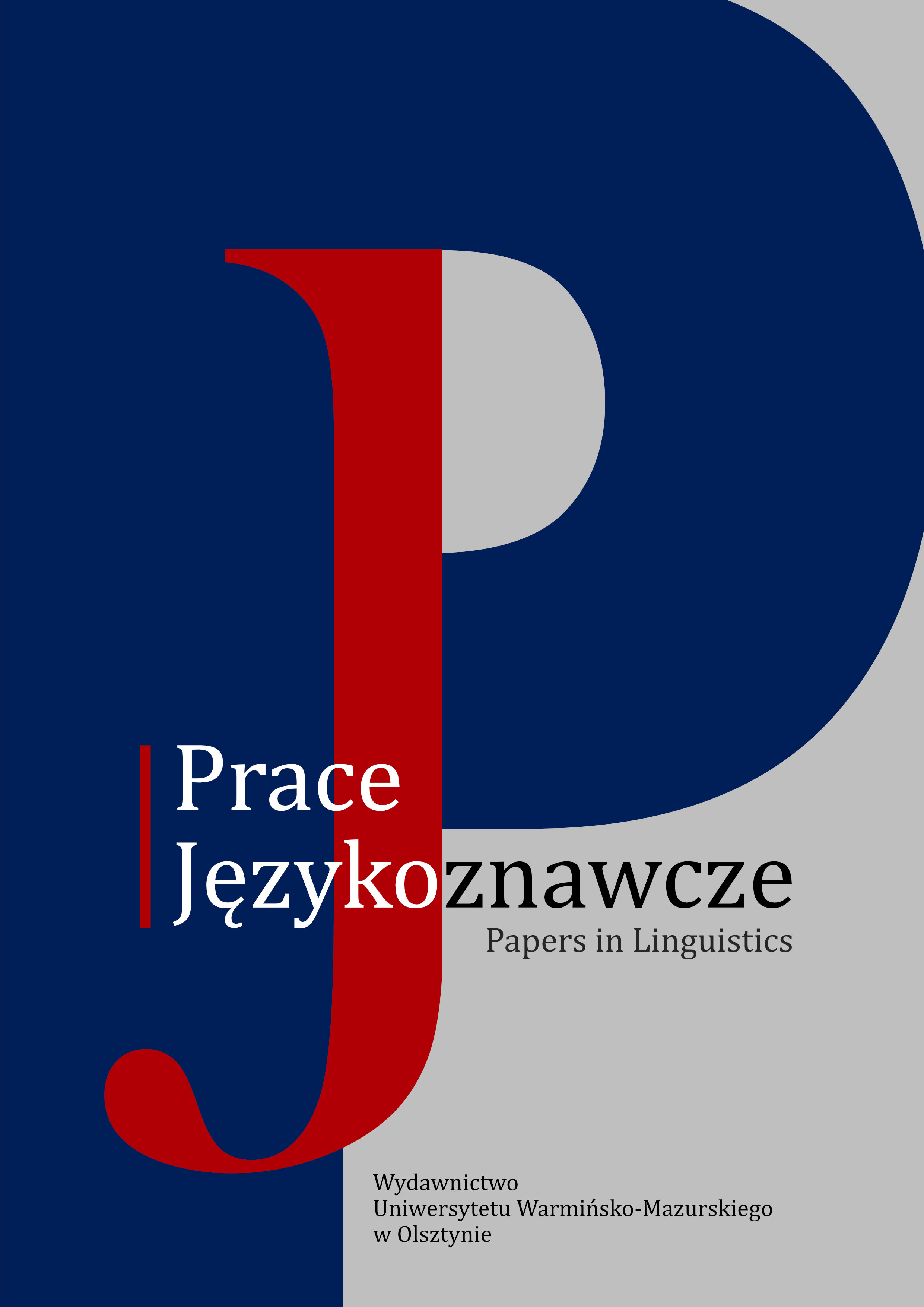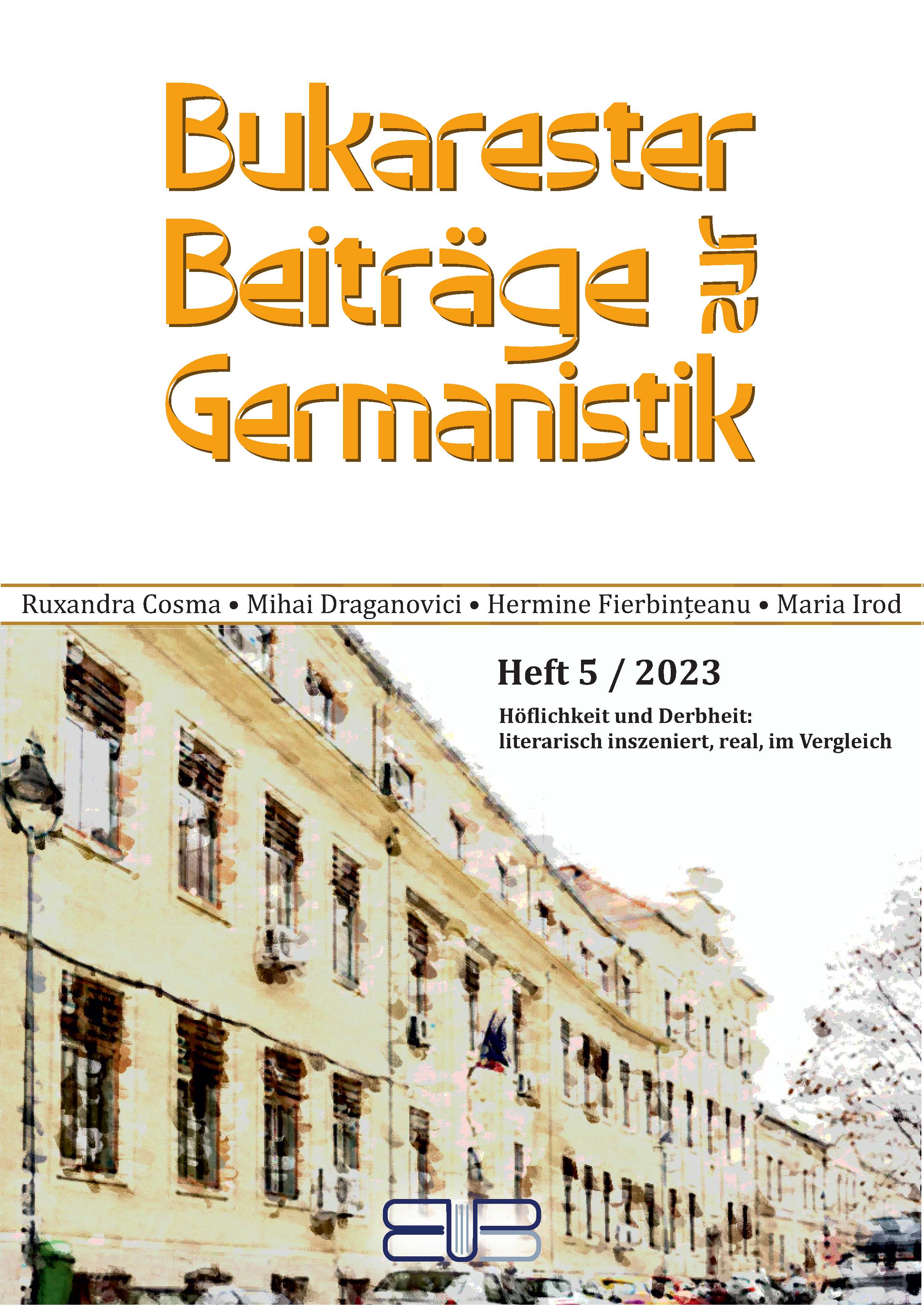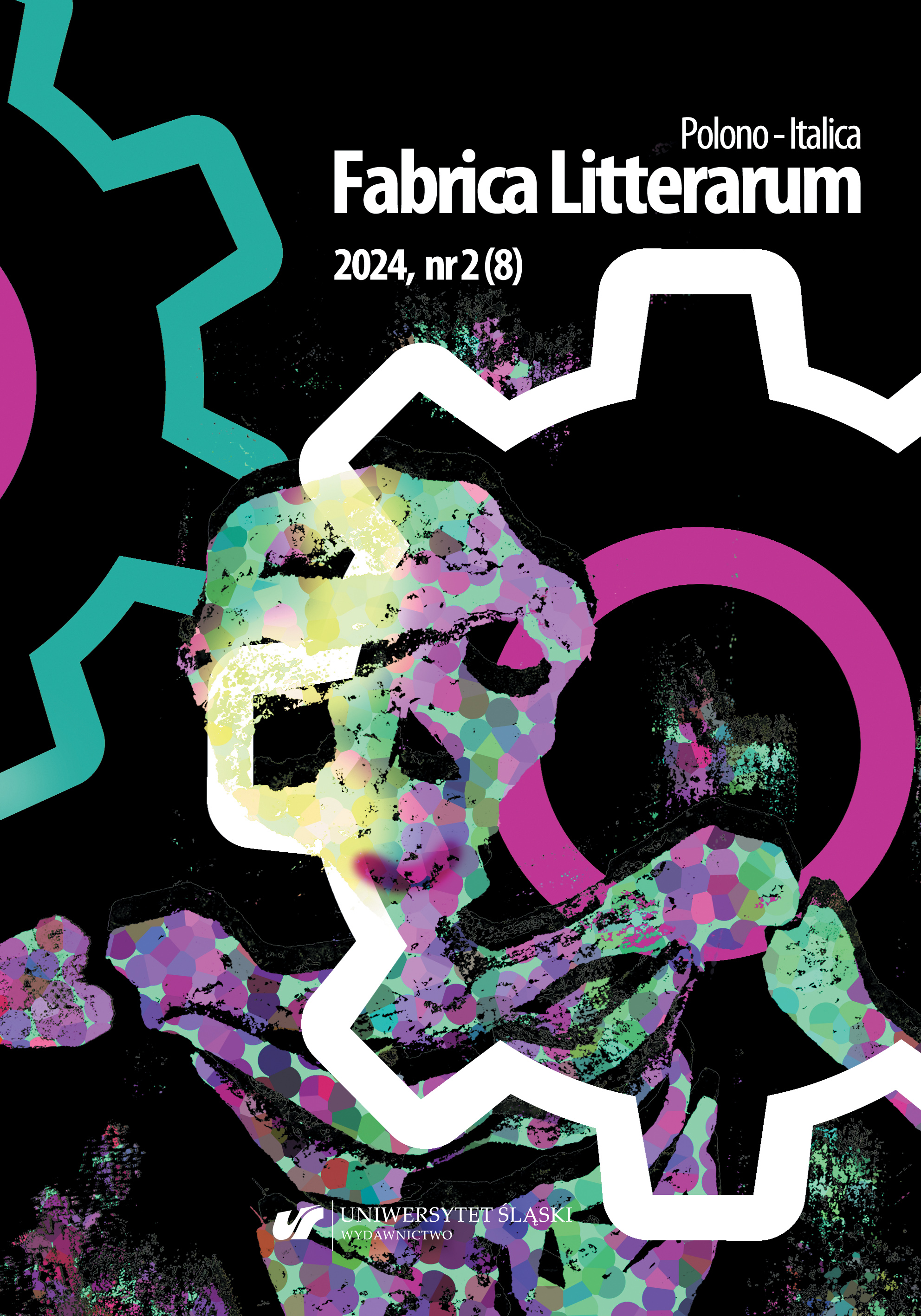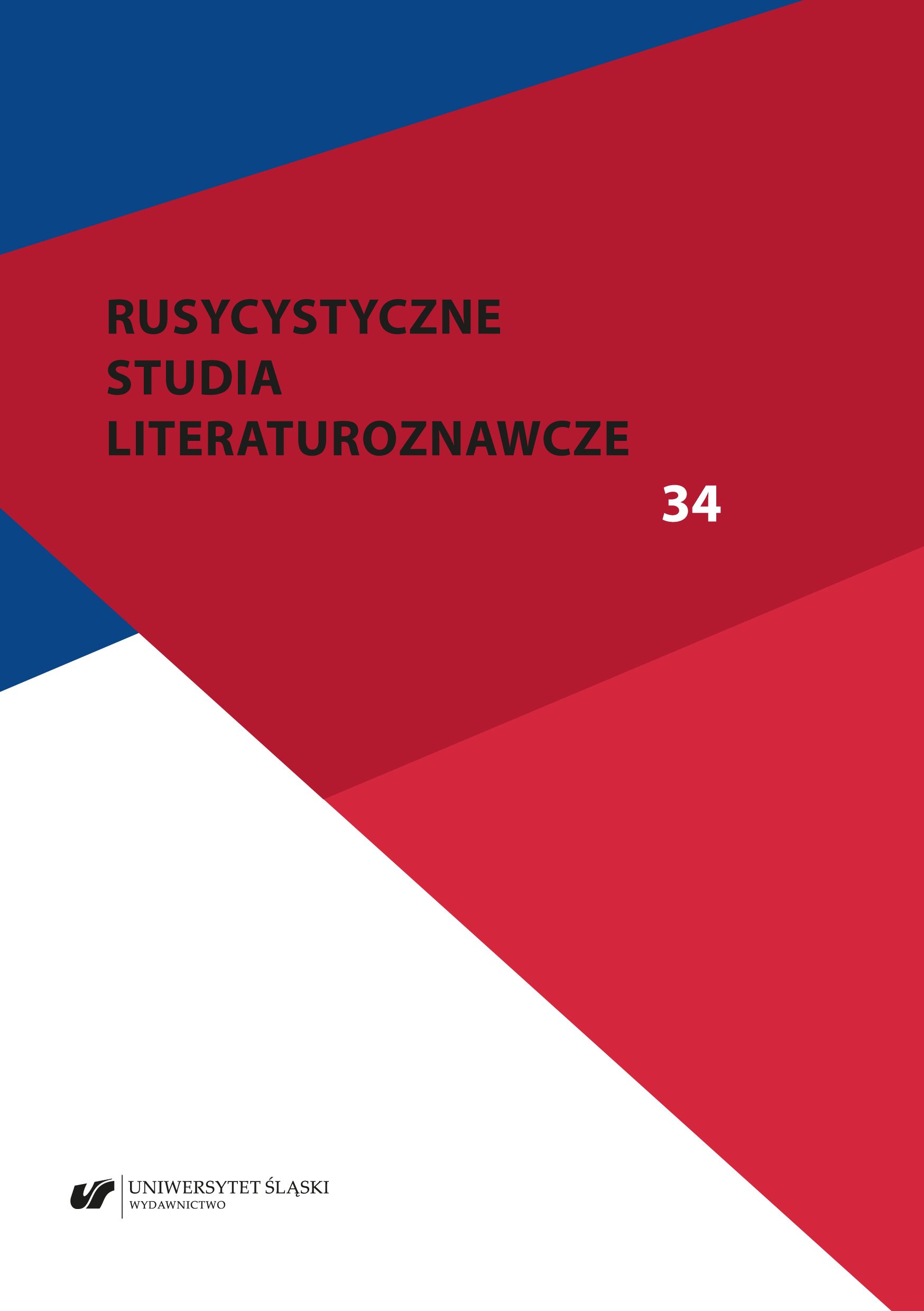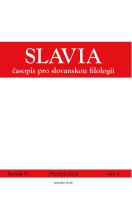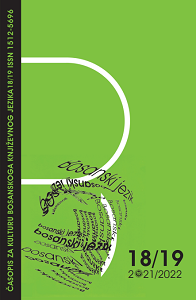
DE/KONSTRUKCIJA STEREOTIPNIH PREDODŽBI U ROMANU NEBOJŠE LUJANOVIĆA OBLAK BOJE KOŽE I AUTOBIOGRAFSKOJ PROZI HEDINE TAHIROVIĆ-SIJERČIĆ ROM K`O GROM
This paper aims at deconstruction of cultural stereotypes about Roma population in contemporary literature in Bosnia and Herzegovina. The focus is on cultural constructions depicting the ethics of resposibility towards others found in two works of art, Oblak boje kože, a novel by Nebojša Lujanović and autobigraphical prose by Hedina Tahirović – Sijerčić, Rom k’o grom. The emphasis is placed on stereotypes and prejudice immanent to all identities. It also indicates discriminatory practice particularly pronounced in the case of Roma people minority, because they are more often than not excluded and outlawed from the social processes. They are ghettoized in every way, which is clearly seen in the examples of Enis Selmanić, the main character of the novel Oblak boje kože and the heroine of the autobigraphical prose Rom k’o grom. Alongside the deconstruction of negative stereotypes, these works of art also open up a number of gender issues, especially the issue of Roma women under patriarchal pattern and gender roles imposed on them not only biologically, but also by their Roma identity, in which they become otherness of others, a category that indicates a marginalization within the identity of Other. Both novel and autobiography use a specifi c ethnographic and culturographic manner to raise questions about neglected and dark historic stains, the neglected Roma history, their everyday struggles since forever or the more traumatic parts of their history, such as the Auschwitz experience. In the theoretical framework of this research, a hybrid approach is used, based on imagological studies and postcolonial theory. Key texts from the anthology “Kako vidimo strane zemlje” provide the basis for understanding literary depictions of foreign countries and peoples, particularly through the works of Manfred S. Fischer, Hugo Dyserinck, Karl Ulrich Syndram, Joep Leerssen, Daniel-Henri Pageaux, and Jean-Marc Moura. The imagological approach helps in addressing the perceptions of the Roma national minority and questioning intolerance and racism. The postcolonial aspect, along with the works of Homi Bhabha and Stuart Hall, enables a critical examination of identity through a system of differences and the affirmation of diversity. Feminist theory and works such as those by Simone de Beauvoir and Judith Butler contribute to understanding gender issues and marginalization within Roma communities. These approaches together enable a detailed exploration and deconstruction of stereotypical representations of Roma in literary works.
More...
